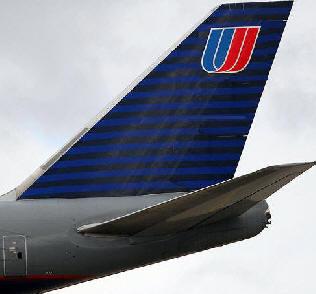 |
|
|
|
|
|
|||
|
By Mike Mitchell |
||||
 |
April 23, 2010 -
The U.S. Department of Transportation today denied the requests of five
airlines for a temporary exemption from the new
rule limiting tarmac delays.
As a result, all
“Passengers on
flights delayed on the tarmac have a right to know they will not be held
aboard a plane indefinitely,” U.S. Transportation Secretary Ray LaHood
said. “This is an important
consumer protection, and we believe it should take effect as planned.”
The tarmac delay
provision was part of a new airline passenger protection rule, issued
last December, that prohibits |
|||
|
On March 4, JetBlue Airways asked for an exemption from the rule for its
operations at
In denying the requests, the
Department concluded that airlines could minimize tarmac delays by
rerouting or rescheduling flights at JFK to allow the airport’s
other three runways to absorb the extra traffic.
The Department also noted that it has the ability to take
into account the impact of the runway closure and the harm to
consumers when deciding whether to pursue enforcement action for
failure to comply with the rule and the amount of a fine, if any, to
seek as a result of non-compliance.
|
||||
| ©AvStop
Online Magazine
Contact
Us
Return To News
|
|
